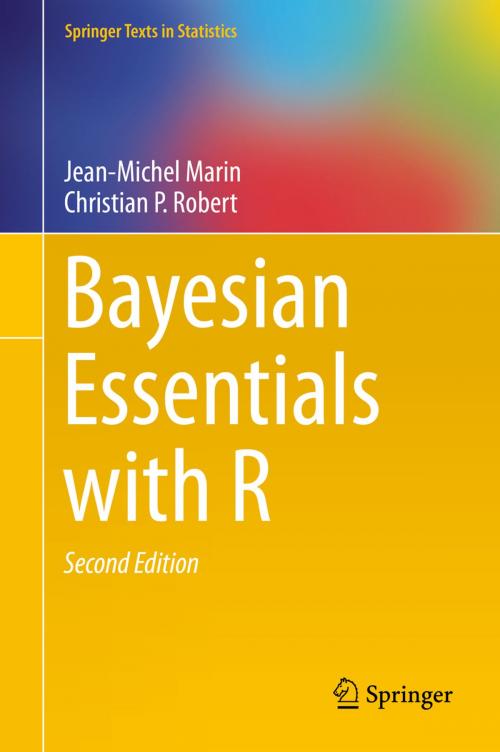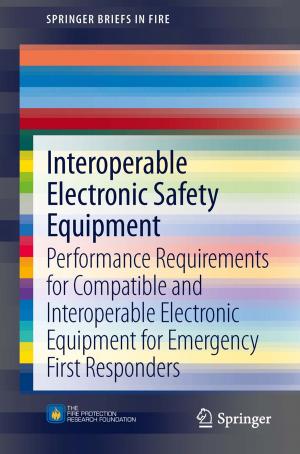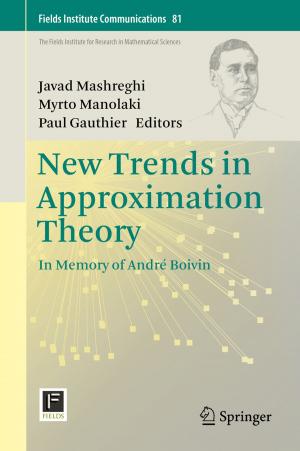Bayesian Essentials with R
Nonfiction, Science & Nature, Mathematics, Statistics, Computers, Application Software, General Computing| Author: | Christian P. Robert, Jean-Michel Marin | ISBN: | 9781461486879 |
| Publisher: | Springer New York | Publication: | October 28, 2013 |
| Imprint: | Springer | Language: | English |
| Author: | Christian P. Robert, Jean-Michel Marin |
| ISBN: | 9781461486879 |
| Publisher: | Springer New York |
| Publication: | October 28, 2013 |
| Imprint: | Springer |
| Language: | English |
This Bayesian modeling book provides a self-contained entry to computational Bayesian statistics. Focusing on the most standard statistical models and backed up by real datasets and an all-inclusive R (CRAN) package called bayess, the book provides an operational methodology for conducting Bayesian inference, rather than focusing on its theoretical and philosophical justifications.
Readers are empowered to participate in the real-life data analysis situations depicted here from the beginning. Special attention is paid to the derivation of prior distributions in each case and specific reference solutions are given for each of the models. Similarly, computational details are worked out to lead the reader towards an effective programming of the methods given in the book. In particular, all R codes are discussed with enough detail to make them readily understandable and expandable.
Bayesian Essentials with R can be used as a textbook at both undergraduate and graduate levels. It is particularly useful with students in professional degree programs and scientists to analyze data the Bayesian way. The text will also enhance introductory courses on Bayesian statistics. Prerequisites for the book are an undergraduate background in probability and statistics, if not in Bayesian statistics.
This Bayesian modeling book provides a self-contained entry to computational Bayesian statistics. Focusing on the most standard statistical models and backed up by real datasets and an all-inclusive R (CRAN) package called bayess, the book provides an operational methodology for conducting Bayesian inference, rather than focusing on its theoretical and philosophical justifications.
Readers are empowered to participate in the real-life data analysis situations depicted here from the beginning. Special attention is paid to the derivation of prior distributions in each case and specific reference solutions are given for each of the models. Similarly, computational details are worked out to lead the reader towards an effective programming of the methods given in the book. In particular, all R codes are discussed with enough detail to make them readily understandable and expandable.
Bayesian Essentials with R can be used as a textbook at both undergraduate and graduate levels. It is particularly useful with students in professional degree programs and scientists to analyze data the Bayesian way. The text will also enhance introductory courses on Bayesian statistics. Prerequisites for the book are an undergraduate background in probability and statistics, if not in Bayesian statistics.















